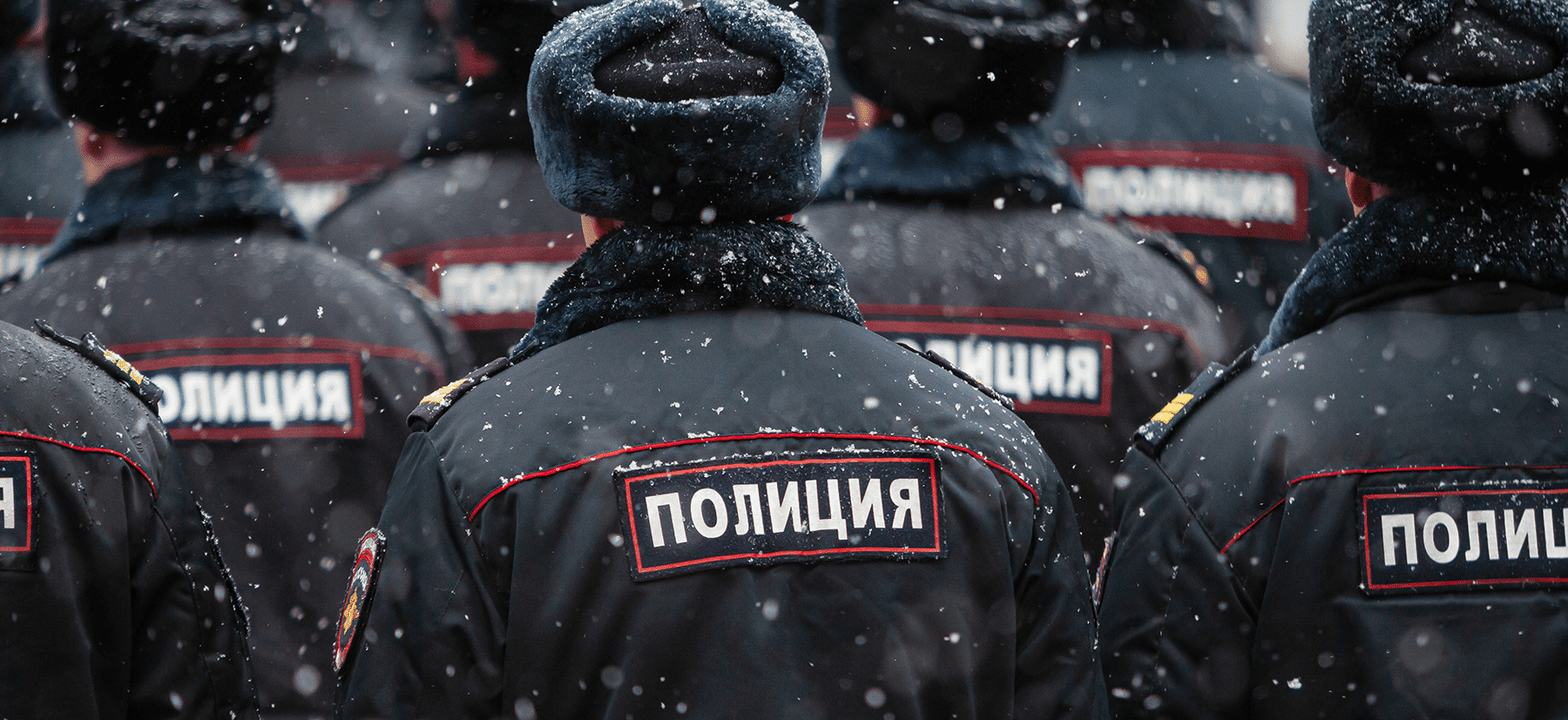Moscow Targets Chinese-Looking People with Raids As Virus Fears Grow

Bus drivers in Moscow kept their WhatsApp group chat buzzing with questions this week about what to do if they spotted passengers who might be from China riding with them in the Russian capital.
“Some Asian-looking people have just got on. Probably Chinese. Should I call the police” another driver messaged his peers. Reports are coming in that Russian authorities are going to significant—some argue discriminatory—lengths to keep the virus from resurfacing and spreading.
City leaders in Moscow have ordered police raids of hotels, dormitories, apartment buildings, and businesses to track down the shrinking number of Chinese people remaining in the city. They also authorized the use of facial recognition technology to find those suspected of evading a 14-day self-quarantine period upon their arrival in Russia. Moscow mayor Sergei Sobyanin said, “conducting raids is an unpleasant task, but it is necessary, for the potential carriers of the virus as well.”
In the Ural Mountains 1,100 miles east of Moscow, members of the local Chinese community are also under watch. Self-styled Cossack patrols in the city hand out medical masks along with strong recommendations to Chinese residents to visit a health clinic. The containment measures in the capital came as the Russian government instituted an indefinite ban on Chinese nationals entering the country that could block up to 90 percent of travelers coming to Russia from China. Several weeks earlier, Russia shut down the country’s long land border with China, suspended all trains, and most flights between the two countries.
The Moscow Metro confirmed to the Associated Press that the underground system was actively monitoring the stations and has a protocol in place for dealing with people who have recently returned from the People’s Republic of China. “We ask to see their documents and to show us documents proving that if they have recently returned from the People’s Republic of China that they have undergone a two-week quarantine period,” Yulia Temnikova, Moscow Metro’s deputy chief of client and passenger services, said. If the individual does not show proof of completing the quarantine, Metro workers ask the person to fill out the form and call an ambulance, Temnikova said.


